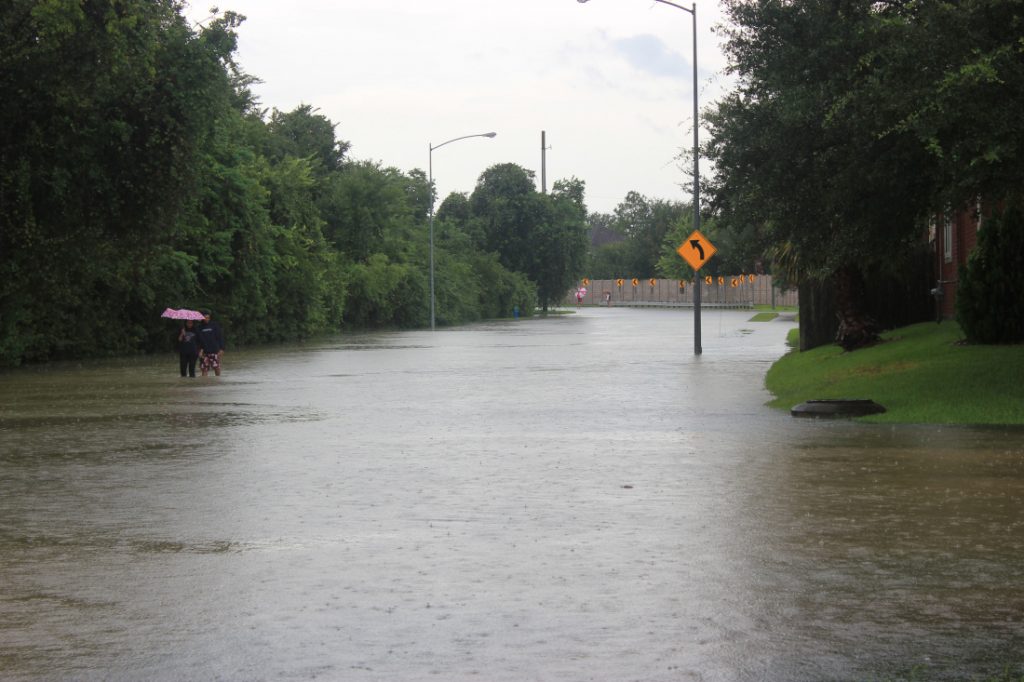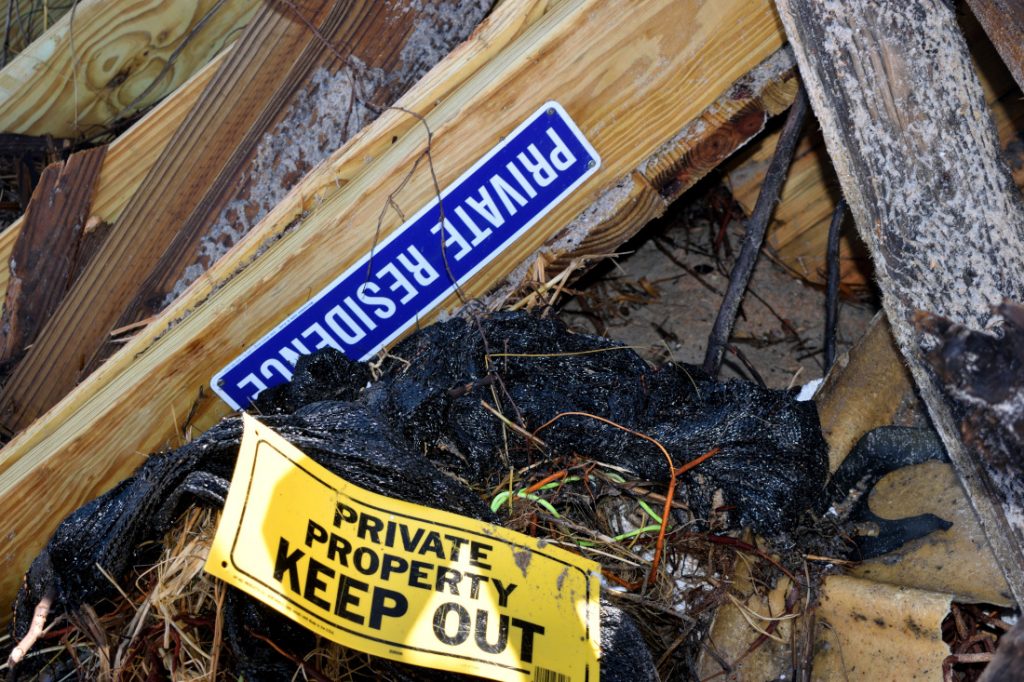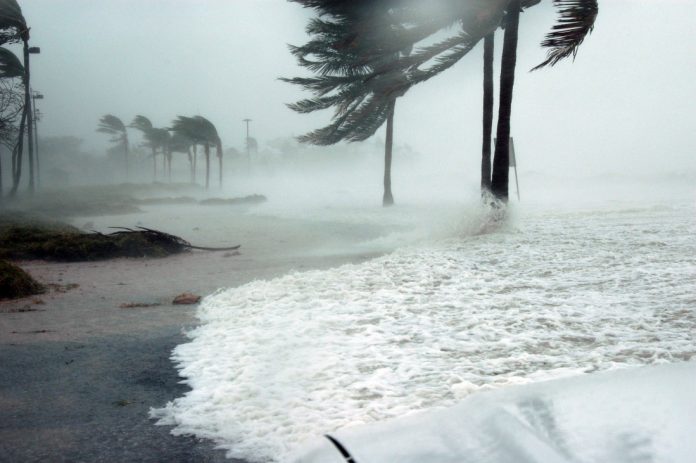A Florida Flood Insurance Law Requires Clear Indication of Policies Without Flood Insurance
Last year, Sen. Annette Taddeo, D-Miami, introduced a new flood insurance law that was a Florida Senate version of House Bill 1011. It requires all new homeowner insurance policies to make clear if they do not cover flood damage.
“I met many constituents who had no idea that their hurricane coverage did not include protections when their homes flooded,” Taddeo said.
When Hurricane Michael hit in 2018, it was the third-most intense Atlantic hurricane to make landfall in recorded US history. Many residents were shocked to discover their insurance didn’t cover damage caused by flooding. The new flood insurance law as precipitated by that lack of understanding among homeowners and the propensity for large storms.
On Jan. 1, the Florida Senate passed a law mandating all new homeowner insurance polices make clear if they do not cover flood insurance. With more aware homeowners, better preparation can be to taken avoid damage

Florida Is Prone to Large Storms, Flooding
Boston-based insurer Karen Clark & Company estimates Hurricane Michael caused about $8 billion in insured losses. It includes the privately insured wind and storm surge damage to residential, commercial and industrial properties and automobiles. The figure does not include losses covered by the National Flood Insurance Program.
The Sunshine State has three times the homes at risk of flooding than any other state.
With Hurricane Irma, in 2017, 3.3 million homes sustained damaged. And homeowner flood insurance premiums on the rise again.
Meanwhile, coastal communities may be the most hard hit. Reports indicate the Federal Emergency Management Agency is eyeing a risk-based pricing approach for 2020. This could end subsidies most coastal communities receive on their flood insurance premiums. It may show the actual monetary cost of living in areas drenched from floods, whether from hurricanes or otherwise.
ArcDesign is a residential design and drafting specialist based in Clearwater, Fla.
“The insurance policy clarification is good news for new home buyers,” said Randy Young, CEO of ArcDesign. “However, it does nothing for existing homeowners who have not read the fine print of their extant insurance policies. If not sure, homeowners might want to contact their insurance companies before hurricane season to see if they’re covered.”

Consider Raising Your Home
Young also suggests elevating a home that sits in a flood zone.
“The best way to safeguard your home against flood damage, and at the same time lower your insurance premiums, is to elevate your house above the flood plain.”
There are many elevation techniques available, making the strategy a consideration for almost any area or situation. In general, the most economic approach to elevating a house is to use as much of the existing foundation as possible. However, a design professional must evaluate the home and the ability of an existing foundation to support the new loads.
What Is The 50 Percent Rule?
For those who have homes in a flood zone, the “50 Percent Rule” applies. The premise is that a building must be elevated and brought into compliance if the repair cost is half or more the value of the structure. This consideration applies to homes that are both in a Special Flood Hazard Area and at a non-compliant elevation.
Homeowners cannot repair the home without lifting it first if a damaged home will cost more than 50 percent of the value of the house.
“In the case of a heavy storm where extensive improvements are necessary, homeowners may be out of their home for years,” Young said. “Not only are the insurance companies slow handling all of the claims, but specialists available to lift homes would also be stretched very thin.
“Elevating the home before a storm hits, in addition to saving money on insurance, would protect their investment and their home,” he said.














